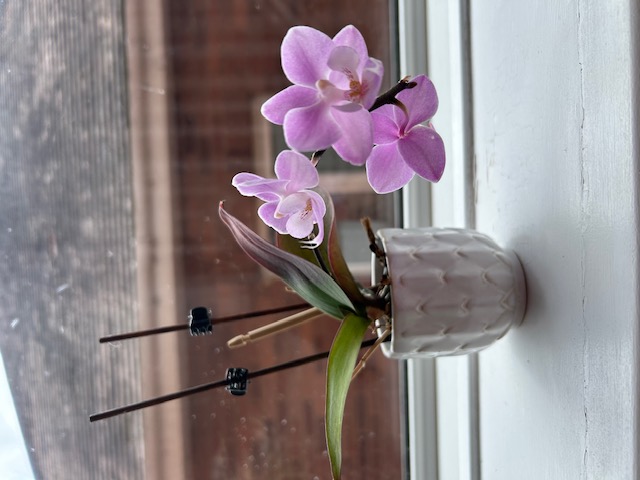Other People

Sharon F
I'm Sharon, I have a daughter with epilepsy and a severe learning disability. I blog about our livewire life.

We have just returned from a holiday in Cornwall. It was a brilliant week but with some pretty extreme highs and lows. This polarised experience of daily life is not unusual to us. Things change minute by minute and our emotions are put through a wild workout as we find ourselves thrown from one situation into another. I relish the steady times when they come but they are much rarer for us than in a typical family.
A penny dropped for me on holiday. I realised that much of the joy or distress of a situation is actually not down to us, and how we manage it, but down to other people. When you have a child with a severe learning disability, other people have the power to make or break your day. They can choose to stare or support, ignore or help, turn away or turn towards and be kind or, in some awful situations we have encountered, behave very poorly.
Here’s a run-down of the three most common types (there are many more) of ‘other people’ I have encountered over the years.
I am looking at this from the perspective of being a parent carer of a ten year old child with a severe learning disability who is very mobile and wilful. I recognise that everyone has different challenges.
• The Starers – perhaps the most familiar type of ‘other people’ to parents of children with disabilities. Starers will simply watch you as you struggle, your child has a meltdown, you try to restrain your child from running into a road. Often they will catch themselves and look away, sometimes they get the popcorn out (not literally but you know the type).
Sometimes people will stare at my child’s epilepsy helmet or the harness I need to use to keep her safe. It’s important to note, this does not include children who stare, that’s understandable curiosity and is a great opportunity for a teaching moment from their adult. I also acknowledge that there are some adults who, through their own needs and circumstances, may not be able to help staring.
• The Helpers – we’ve all encountered them and they are generally great. People that engage with you when things are going wrong and try to help. I used to find help hard to accept as I didn’t want to bother people and it can also feel exposing and disempowering. I can feel like a victim and usually offers of help make me cry, making this worse. Now I know that they mean well, can often be very useful to our situation and that the helper can go away with a glow at having done a good deed.
So I tend to let them help. The type of help varies greatly. One woman once ran after us after she witnessed my child have a seizure in the supermarket (there were so many Starers) and gave us a little flowering pot plant (it’s still alive almost two years on and is the picture for this blog!). She could not help with the seizure but wanted to do something. Unusual, but kind.
• The Tutters – my least favourite of the ‘other people’ are those that openly express their disgust, disapproval or judgement but do this through passive aggressive tutting, huffing, eye rolling, eye widening / eyebrow raising (I particularly hate that one). I have no way to challenge this as it’s quite subtle so I would look confrontational if I tried to set them straight. I’d much rather have someone come up to me and directly ask what is going on so I could try to educate them.
I have to remind myself constantly that other people have stuff going on too. It is easy to view their behaviour through my lens and make judgements. That said, when people behave poorly, I still allow myself a nice strong mutter or swear when they are out of earshot.
I realise I can sometimes have high expectations of other people. This is due to both my lived experience and knowledge (which I need to remember most people don’t have) but, also I am a naturally towards-motivated helper. That’s not me bigging myself up, it is not altruistic. I do it because it makes me feel happy and I like the warm glow I am left with after helping.
I realise many people do not know what to do or how to help. They turn away because they don’t want to stare and make us feel self-conscious (although that ship sailed long ago). That’s ok, it is unrealistic to expect everyone to be able to offer support. I have however found that a simple ‘is there anything I can do to help?’ can have enormous power in what can be very distressing situations. I mean, it will make me cry, but the good tears.


